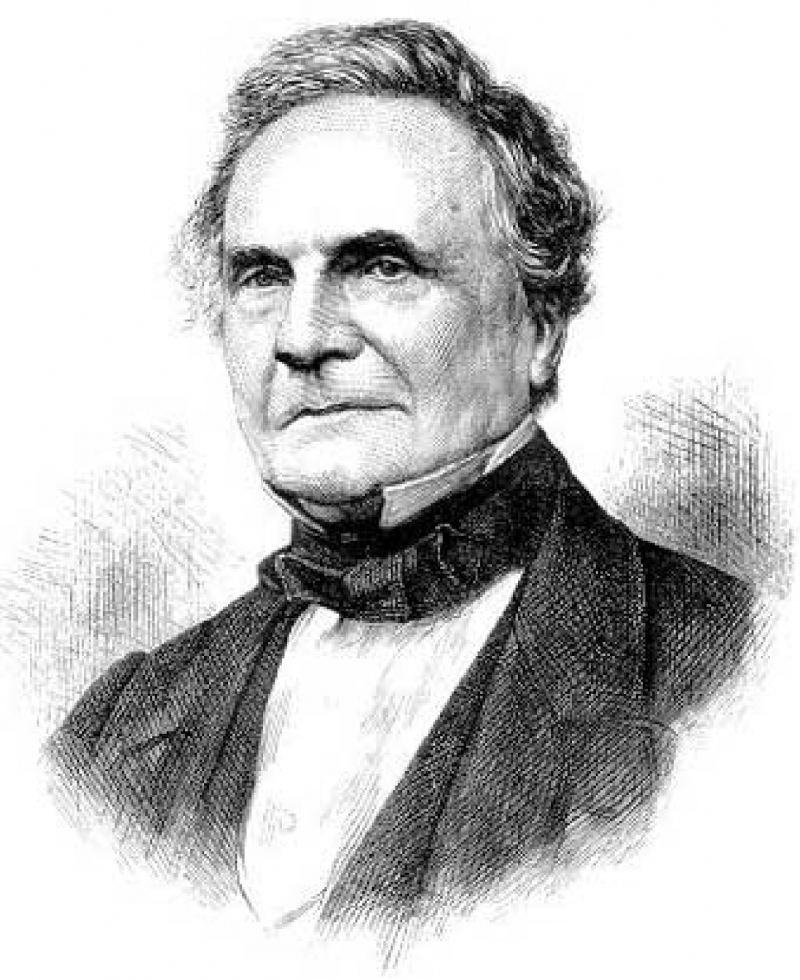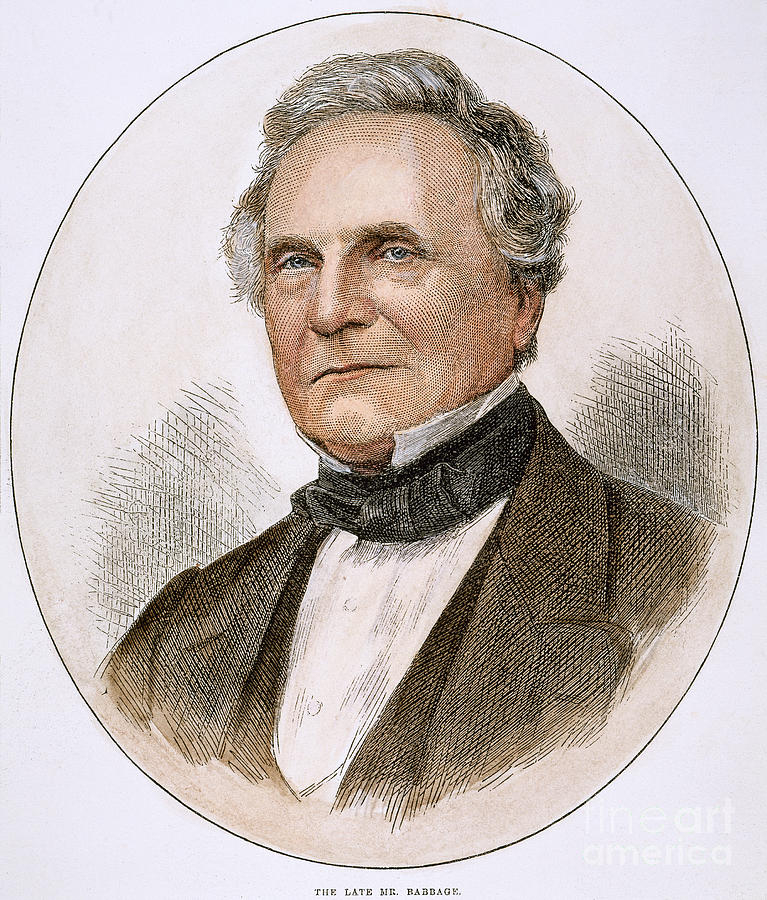Charles Babbage
Charles Babbage's birthplace and exact year are unknown, but other sources indicate that it was likely in London sometime in 1791. Babbage, in contrast to many other innovators on this list, never attended school and learned most of what he needed to know by himself. But because he excelled in mathematics and calculus, he was accepted by 1811 to the elite Trinity College in Cambridge.
Charles Babbage would establish himself as a significant player in the history of early computers during the course of his life. His development of the Difference Engine, and later the Analytical Engine, which are now regarded as the first mechanical computers, was possibly the most significant of his numerous contributions to the fields of mathematics and engineering.
His plans were decades ahead of their time and far beyond the capabilities of the technology he had access to, making them impossible to construct during his lifetime. The Difference Engine would eventually be successfully recreated, despite the fact that many of his other prototype engines are still unfinished. Babbage's contributions to early computation have earned him the title "father of computers," although most of his early work was never funded by either his contemporaries or the British government.
Born:26 December 1791London, England
Died:18 October 1871 (aged 79) Marylebone, London, England
Alma mater: Peterhouse, Cambridge
Known for: Difference engine












